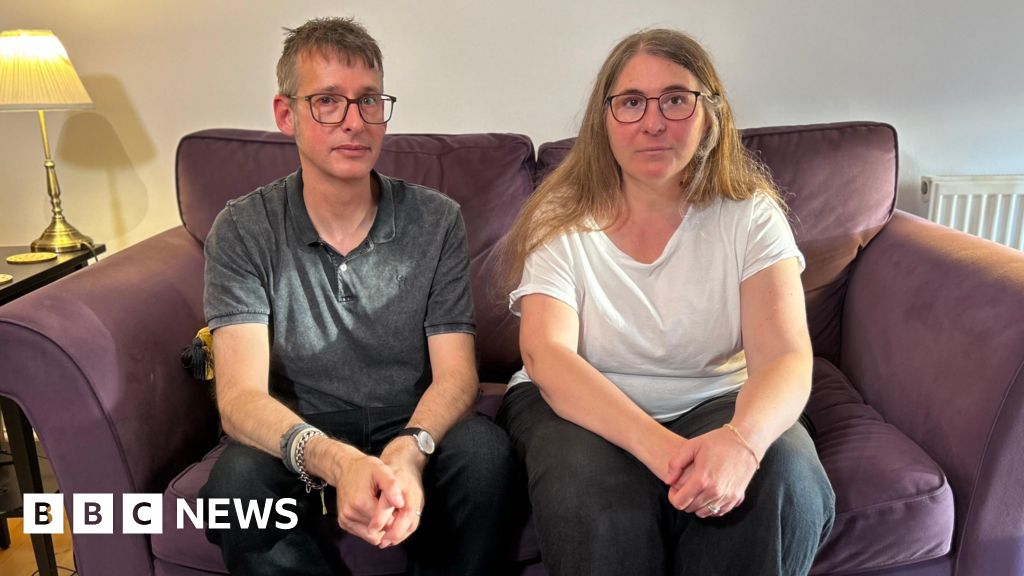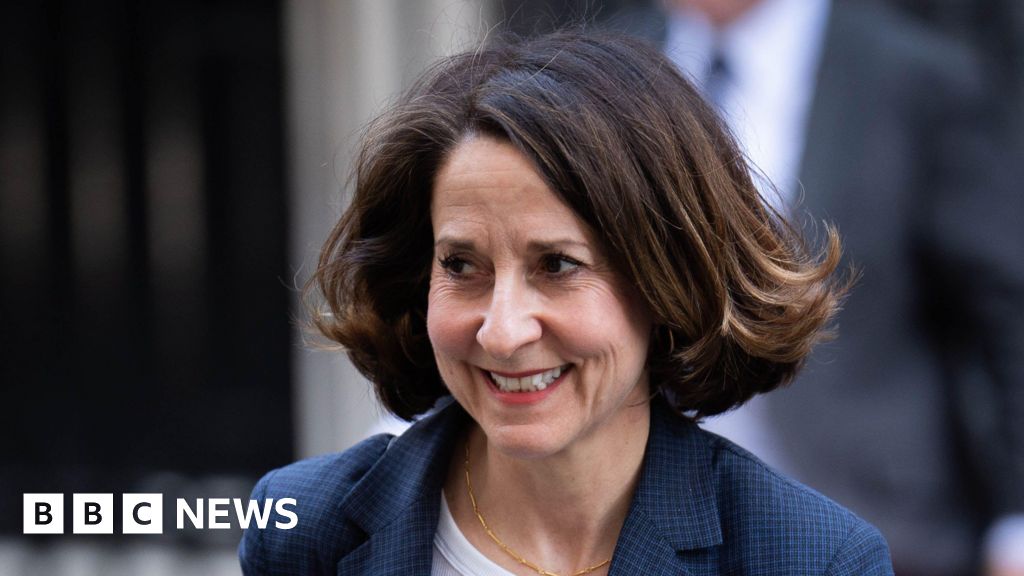Ajay Bank will this week assume leadership of the World Bank and has the opportunity to press for … [+]
Getty Images
Ajay Banga, the former CEO of Mastercard, is poised to assume leadership at the World Bank this week, marking the potential start of a transformative era for the nearly 80-year-old institution. This transition presents a significant opportunity for renewed leadership and accelerated support in addressing poverty and climate change. By prioritizing critical reform initiatives early in his term, like debt suspension clauses, as well as securing additional resources, the World Bank can gain early momentum behind enhancing the role it plays in combating climate change while steadfastly upholding its primary mission of eradicating extreme poverty.
As Banga assumes leadership, it becomes crucial to prioritize a climate action agenda that considers the developmental needs of impoverished populations, particularly those grappling with energy poverty. For instance, African nations require a “just energy transition” that allows them to implement climate change measures while simultaneously addressing the energy needs of over 600 million people lacking reliable electricity access. Additionally, it is vital to ensure these countries have access to the necessary resources for investing in critical social needs like healthcare, education, and sanitation.
Addressing climate change is paramount, as it poses a significant threat to both those communities already living in extreme poverty and those most vulnerable to the impacts of a warming world. Unabated climate change will inevitably push more nations deeper into debt and distress, damaging ecosystems and infrastructure. Prime Minister Mottley of Barbados, renowned for her Bridgetown Initiative, has been vocal about how natural disasters have contributed to the accumulation of debt in certain Caribbean countries. Disasters like hurricanes, earthquakes, and floods have often necessitated significant financial resources for recovery and reconstruction efforts, resulting in increased borrowing and debt burdens.
Expectations on Banga are undoubtedly high to significantly scale financing to support the poorest and most vulnerable countries to tackle poverty and health inequities, while also investing in climate mitigation, adaptation, and resilience. Some of the recommendations of the Bridgetown Initiative will take time to properly implement, however, there are a number of early breakthroughs possible that could help generate momentum behind a bold and ambitious reform agenda.
Dropping Disaster Debt through Debt Suspension
A debt suspension clause, sometimes referred to as a pause debt clause, is a debt instrument enabling the temporary suspension of repayments when a predetermined trigger threshold is reached. These triggers can encompass various disasters such as violent earthquakes, droughts, floods, or even pandemics.
The adoption of such clauses is currently limited but shows promising signs of growth. Three Small Island Developing States (Grenada, Barbados, and the Bahamas) and two creditors (Inter-American Development Bank and UK Export Finance) have either implemented or have plans to offer these instruments to low-income countries and small island developing states. As awareness and understanding of the benefits of these clauses increase, it is expected that more countries and creditors will embrace their use in the future.
In the past year, there has been a notable increase in calls, particularly through Prime Minister Mottley’s Bridgetown Initiative, for additional official bilateral and multilateral creditors – including the World Bank – to adopt these clauses in their offerings. Advocates are hopeful that the adoption of these clauses will be a significant outcome at President Macron’s upcoming Summit for a New Global Financing Pact.
However, it is important to acknowledge that these clauses are not a one-size-fits-all solution and pose significant implementation challenges. Questions arise regarding the threshold for triggering their use in response to different scales of disasters or shocks. Additionally, concerns are raised about the potential increase in borrowing costs for countries that opt for pausable bonds.
Nevertheless, advocates argue that this presents an opportunity for the World Bank to demonstrate leadership. The institution could, arguably, offer these clauses as part of new lending agreements at no additional cost, particularly for countries highly vulnerable to climate risks or facing significant disaster risks. By spreading and socializing the associated costs through its balance sheets, the World Bank could contribute to normalizing the use of such clauses and promoting their wider adoption.
In essence, the provision of suspension clauses presents an early opportunity for leadership within the World Bank under Banga’s guidance. By incorporating these clauses, countries can bolster their resilience and capacity to handle debt amidst the complexities of a shifting climate and escalating natural disasters.
Mobilizing Additional Resources for Green Transition
One of the biggest topics of debate in recent months has been around the World Bank’s mandate. In addition to its focus on addressing extreme poverty amongst poorer nations, many have argued that it should increasingly address climate change to prevent climate-vulnerable communities from being pushed further into poverty.
Such calls have not been without their controversy. After all, an expanded, yet unfunded mandate, risks taking resources from one group of countries to another. The question, therefore, comes back to what the Bank can do to increase its resources.
Of course, the Bank can and indeed has made some operational changes in recent months to boost its lending power. During the most recent springtime meetings of the Bank’s finance ministers, for instance, they agreed to lower the equity-to-loan ratio to 19% which unlocked an estimated additional $4-5 billion in lending power annually. Additionally, the private sector can be leveraged more.
Ultimately, while there are some additional measures that can be taken and are in contemplation, there is no sidestepping the fact that the Bank – and the multilateral system as a whole – will need additional resources if it is to dramatically expand its offering.
In this context, Banga faces the challenge of showcasing his persuasive abilities. The US Treasury has expressed reluctance to support additional resources until the Bank demonstrates progress in implementing reforms. This presents an opportunity for Banga to make a breakthrough by introducing some measures in his control like pause clauses, demonstrating the Bank’s commitment to reform while advocating for new resources. A timely commitment from the US, in particular, would signal confidence and encourage other shareholders to join in.
Banga can leverage the Bank’s strong track record to support his case. Over its nearly 80-year history, the Bank has received $20 billion in contributions from the wealthiest economies, leveraging it into $800 billion.
An additional commitment of $20 billion over the coming decade, though it may sound significant, is a relatively modest amount when spread across the wealthiest economies. After all, most of the G7 countries’ share of this $20 billion would be approximately $1 billion per decade and less than $200 million per year. Considering the scale of other types of government spending commitments, this amount is not substantial, bit would make an incredible difference to the Bank’s lending power.
The upcoming Summit for a New Global Financing Pact hosted by President Macron provides an upcoming opportunity to secure these early commitments, even if they do not reach the full desired amount from all countries. It could allow for the formation of a coalition of willing countries who are ready to contribute towards the Bank’s objectives, and put pressure on those unwilling to step up.
Next month President Macron will host the Summit for a New Global Financing Pact which is an … [+]
Getty Images
*****
Banga faces a formidable challenge ahead, requiring him to skillfully navigate the dual roles of a reformer and a master salesman. His ultimate task is to present a compelling case for investing in global solidarity, reminding the world’s wealthiest economies of the substantial value and long-term returns on their investments in the multilateral system. It is crucial to emphasize that they have been lacking in their support for so long. Large parts of the developing world are watching, eagerly awaiting his leadership. Trust is at an all-time low, and the pressing need for action is clear. The question remains: Can Banga rise to the occasion and emerge as the transformational leader the world needs?
Credit: Source link











